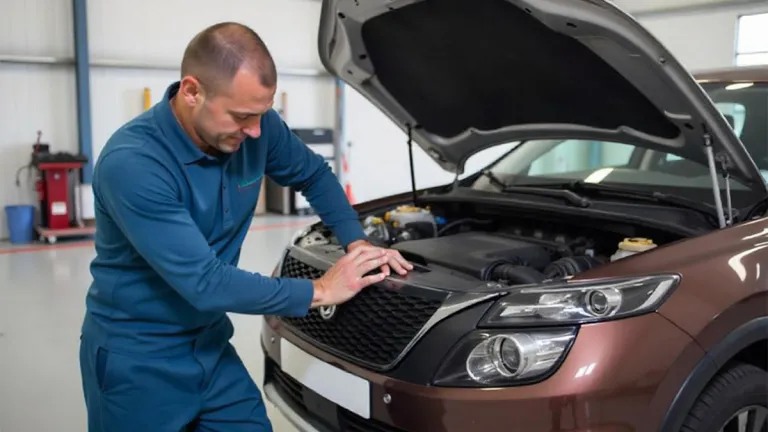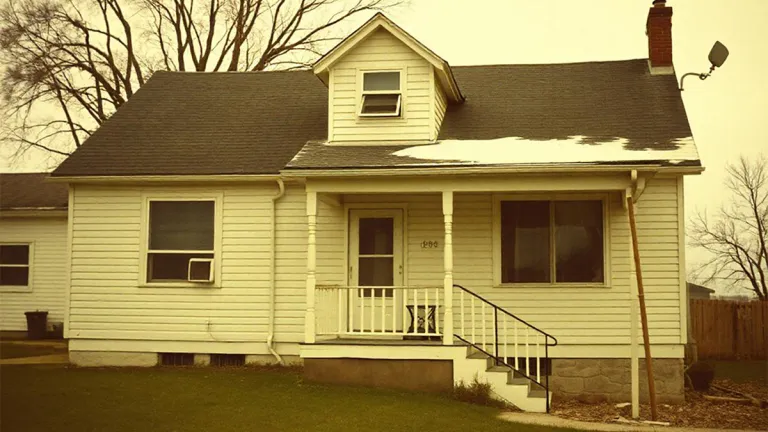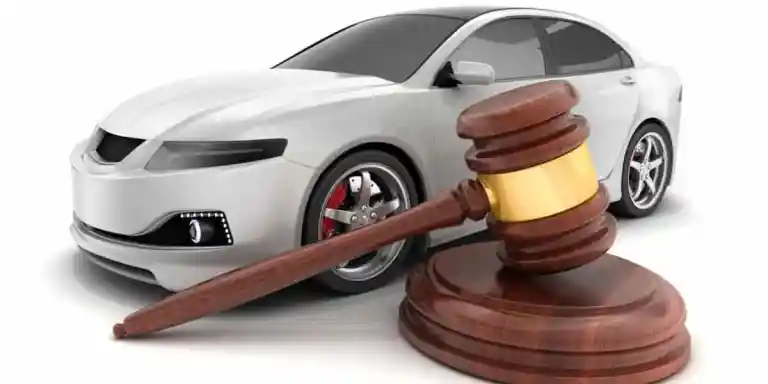
Car repair insurance may be worth it for you depending on the cost of what got faulty, as it can shield you from unanticipated repair costs. If you are able to foot the bill if your car goes haywire, then you may not need car repair insurance, but if you can’t afford to pay out of pocket, getting car repair insurance may be worth it if your car is no longer under warranty.
What is Car Repair insurance?
Car repair insurance, also known as mechanical breakdown insurance (MBI), is optional coverage you can add to your car insurance. Just as I have mentioned above, it helps to pay for repairs if your car breaks down due to mechanical or electrical issues.
This insurance coverage is typically for newer cars, usually under 15 months old and with fewer than 15,000 miles. If you’ve just bought a new car and don’t have an extended warranty, you should consider purchasing auto repair insurance.
However, if you already have an extended car warranty, you don’t need to purchase auto repair insurance because they offer similar protection. The main differences are in eligibility, coverage limits, and cost. Generally, auto repair insurance costs less than an extended warranty but covers fewer repairs and is only available for vehicles that are new.
How Does Car Repair Insurance Work?
You can either add car repair insurance to your current policy if your insurance provider offers it or purchase it separately from companies like Progressive. When you buy the insurance, you will have to choose a deductible amount, such as $250.
If your car breaks down and needs a repair that will cost a lot, like a transmission replacement costing $8,000, you file a claim with your insurance. You will have to pay a $250 out-of-pocket cost, and the insurance provider will help pay the remaining $7,750 of the repair cost.
Just so you know, this type of coverage is always affordable, around $100 a year, and can save you a lot of money on expensive repairs. It helps you avoid going into debt for car repairs that will cost a lot by covering the bulk of the costs.
What Does Car Repair Insurance Cover?
Mechanical breakdown insurance typically covers a range of parts and systems in your car. And they include;
- Air conditioning
- Brake system
- Convenience features
- Cooling and heating systems
- Drive axle
- Electrical systems
- Engine
- Exhaust
- Fuel systems
- Safety technology Steering components
- Suspension systems
- Transmission
Meanwhile, it won’t cover upkeep or routine maintenance. This insurance covers anything that is part of the regular tune-up that helps to keep the car running smoothly, such as tire replacements or oil changes. Some of the things it does not cover include;
- Adding fluids
- Replacing brake pads
- Replacing filters
- Rotating or replacing of tires
- Replacing spark plugs
Additionally, auto repair insurance won’t cover towing or roadside assistance. These coverage falls under the emergency road service on your auto insurance policy.
Is My Vehicle Eligible for Car Repair Insurance?
To purchase car repair insurance, your vehicle usually needs to meet the certain age and mileage required by the insurance company. For instance, Geico offers coverage for new or leased cars less than 15 months old with fewer than 15,000 miles. You can keep it for about 7 years or 100,000 miles, whichever comes first.
National General Insurance helps to cover cars up to seven years old with less than 72,001 miles. However, if your car’s mileage surpasses 72,001 miles when it’s time to renew, you may lose your coverage. Also, if you drive over 90,000 miles during the policy period, the coverage will come to an end. Some insurance companies may require you to have comprehensive car insurance to qualify for repair coverage. They might also exclude some types of vehicles.
Car Repair Insurance vs. Extended Warranties
Keep in mind that you don’t always need a separate insurance policy to cover car repairs. Just as I have mentioned above, car repair insurance and extended warranties both help with mechanical and electrical issues, but they work a bit differently.
Warranties:
- New Car Warranty: This comes with a new car purchase and covers a specific period, such as three years or 36,000 miles. This warranty comes to an end when you reach either limit.
- Extended Car Warranty: It can be bought to extend your new car warranty or to cover a used car. You can easily get it from dealerships or third-party sellers.
Differences:
- Car Repair Insurance: Usually purchased through your car insurance company and added to your car insurance bill. You can pay for it monthly, semi-annually, or in annual payments.
- Extended Car Warranty: This is typically purchased from dealerships or other companies, often paid as a lump sum or added to your car loan payments.
Both options cover the same repair issues, but their availability and payment methods depend on where purchased.






